The Evolution Of Scandinavian Design: How Denmark Is Shaping A Bolder, More Expressive Style In 2025
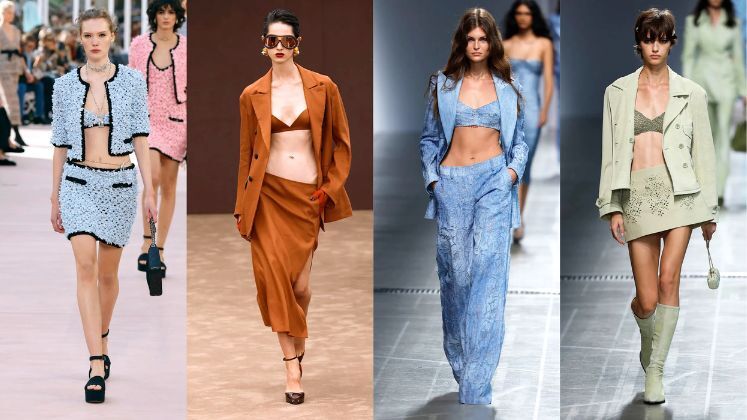

Scandinavian design has long been celebrated for its minimalism, functionality, and understated elegance. Traditionally associated with clean lines, neutral colors, and a focus on practicality, this design philosophy has defined furniture, architecture, and interiors across the Nordic region for decades. However, in 2025, Denmark is driving a new wave within Scandinavian design, merging its classic sensibilities with bolder, more expressive elements that reflect both contemporary tastes and evolving cultural values. This evolution demonstrates that Danish creativity can balance heritage with innovation, reshaping how the world perceives Nordic aesthetics.
Denmark’s influence on modern Scandinavian design is rooted in a deep appreciation for craftsmanship and quality materials. While minimalism remains a guiding principle, designers are increasingly experimenting with vibrant colors, sculptural forms, and playful textures. This approach brings warmth and personality to spaces, proving that simplicity does not have to mean blandness. Danish design in 2025 celebrates individuality, encouraging homeowners and brands to embrace expression without compromising the timeless functionality for which Scandinavian design is known.
One of the most notable shifts in Danish design is the integration of sustainable practices. As environmental awareness grows globally, Danish designers are sourcing eco-friendly materials, prioritizing recyclability, and creating furniture and interiors that are built to last. Organic woods, natural fibers, and innovative recycled materials are now central to design processes, ensuring that bold aesthetics are paired with environmental responsibility. This combination of sustainability and creativity positions Denmark as a leader in the global design industry, showing that ethical considerations can coexist with artistic innovation.
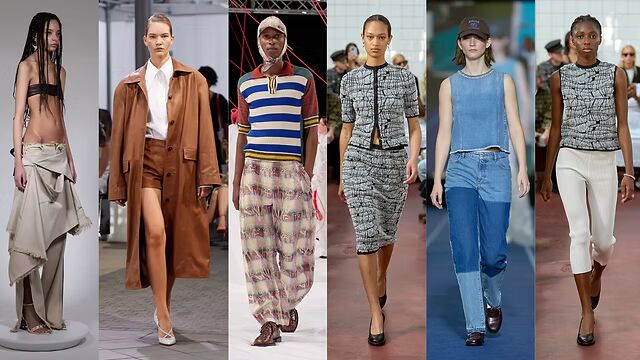
Color and texture play a key role in this evolving aesthetic. Whereas traditional Scandinavian interiors relied on muted tones such as whites, grays, and soft pastels, contemporary Danish designers are embracing jewel tones, bold patterns, and contrasting textures. Velvet, terrazzo, and metallic accents are making their way into furniture and décor, creating dynamic visual interest. The result is spaces that remain airy and functional while expressing personality and emotion—a hallmark of the new Danish approach.
Furniture design is another area where Denmark is reshaping expectations. Iconic Danish furniture brands, historically known for timeless minimalism, are now releasing collections that blend heritage craftsmanship with avant-garde forms. Chairs, tables, and storage units often feature unexpected curves, layered textures, or modular elements that adapt to modern lifestyles. These designs reflect a shift toward inclusivity and versatility, catering to urban living while maintaining Scandinavian principles of simplicity, comfort, and utility.
Architecture in Denmark also reflects this expressive evolution. Modern Danish buildings integrate sustainability, functionality, and bold aesthetics, using glass, timber, and steel to create structures that are both striking and practical. Public spaces and residential developments showcase innovative lighting, colorful façades, and organic shapes, demonstrating that Danish architecture is not just about minimalism but also about creating experiences that engage and inspire. The movement toward expressive design extends to urban planning as well, with cities prioritizing vibrant, accessible spaces that foster creativity and community.
Interior design trends are closely aligned with this evolution. Danish interiors in 2025 favor layered textures, statement pieces, and personal storytelling through décor. Minimalism serves as a foundation, but bold accents—such as colorful rugs, sculptural furniture, or distinctive art pieces—provide individuality and warmth. This approach balances aesthetic restraint with emotional resonance, allowing spaces to feel lived-in, personal, and visually compelling.
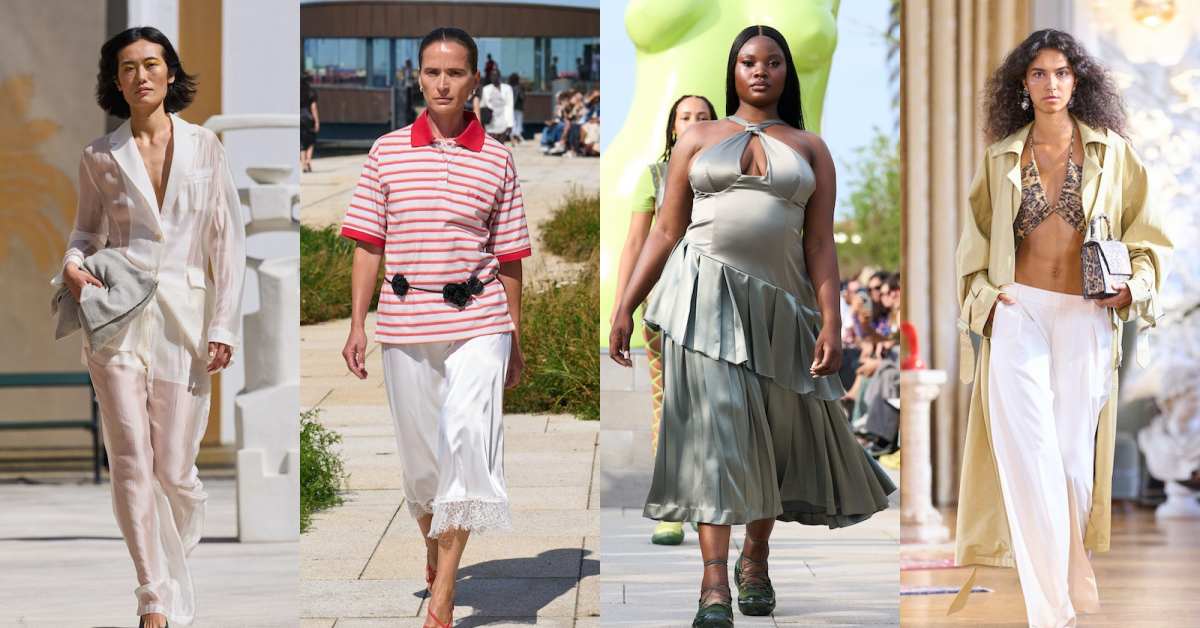
Internationally, Denmark’s bold Scandinavian design is influencing global trends. Design fairs, exhibitions, and digital platforms have amplified the visibility of Danish creativity, inspiring architects, interior designers, and consumers worldwide. The ability to combine heritage, sustainability, and expressive aesthetics makes Danish design appealing across cultures and lifestyles. Its influence extends beyond the Nordic region, shaping urban apartments, luxury homes, and commercial spaces around the globe.
Looking ahead, Denmark’s evolving Scandinavian design represents a philosophy that embraces both function and expression. By challenging traditional norms while maintaining core principles of quality, simplicity, and sustainability, Danish designers are redefining the boundaries of Nordic aesthetics. The future of Scandinavian design is therefore not a departure from tradition but an expansion of it—bringing color, personality, and bold innovation into spaces that remain inherently practical and human-centered.
In conclusion, Denmark in 2025 is at the forefront of a new era in Scandinavian design. By blending minimalism with boldness, sustainability with creativity, and tradition with innovation, Danish designers are creating interiors, furniture, and architecture that are expressive, modern, and globally influential. This evolution illustrates that Scandinavian design can remain timeless while continually adapting to the needs and tastes of contemporary society, setting the stage for a vibrant, expressive, and sustainable design future.
Film, TV, and entertainment industry news. Plus, every Friday, a special Awards Insider edition.
By signing up, you agree to our user agreement (including class action waiver and arbitration provisions), and acknowledge our privacy policy.
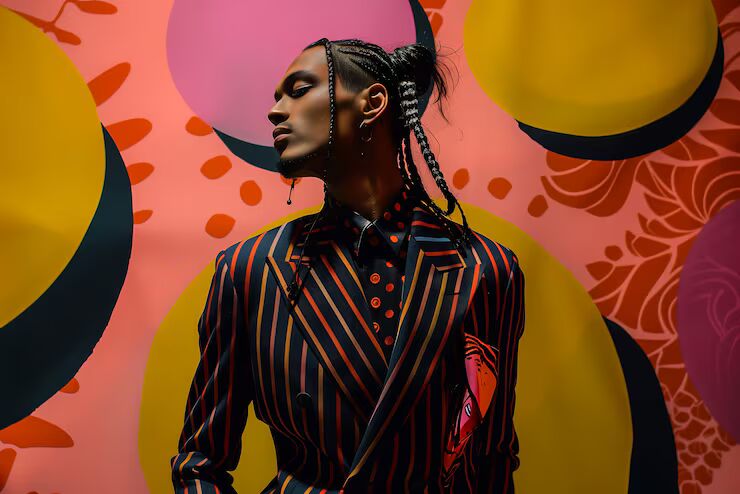
Copenhagen Fashion Week 2025 showcases Danish fashion’s bold creativity and commitment to sustainability, setting new global trends in ethical and innovative design.
By Lærke Thomsen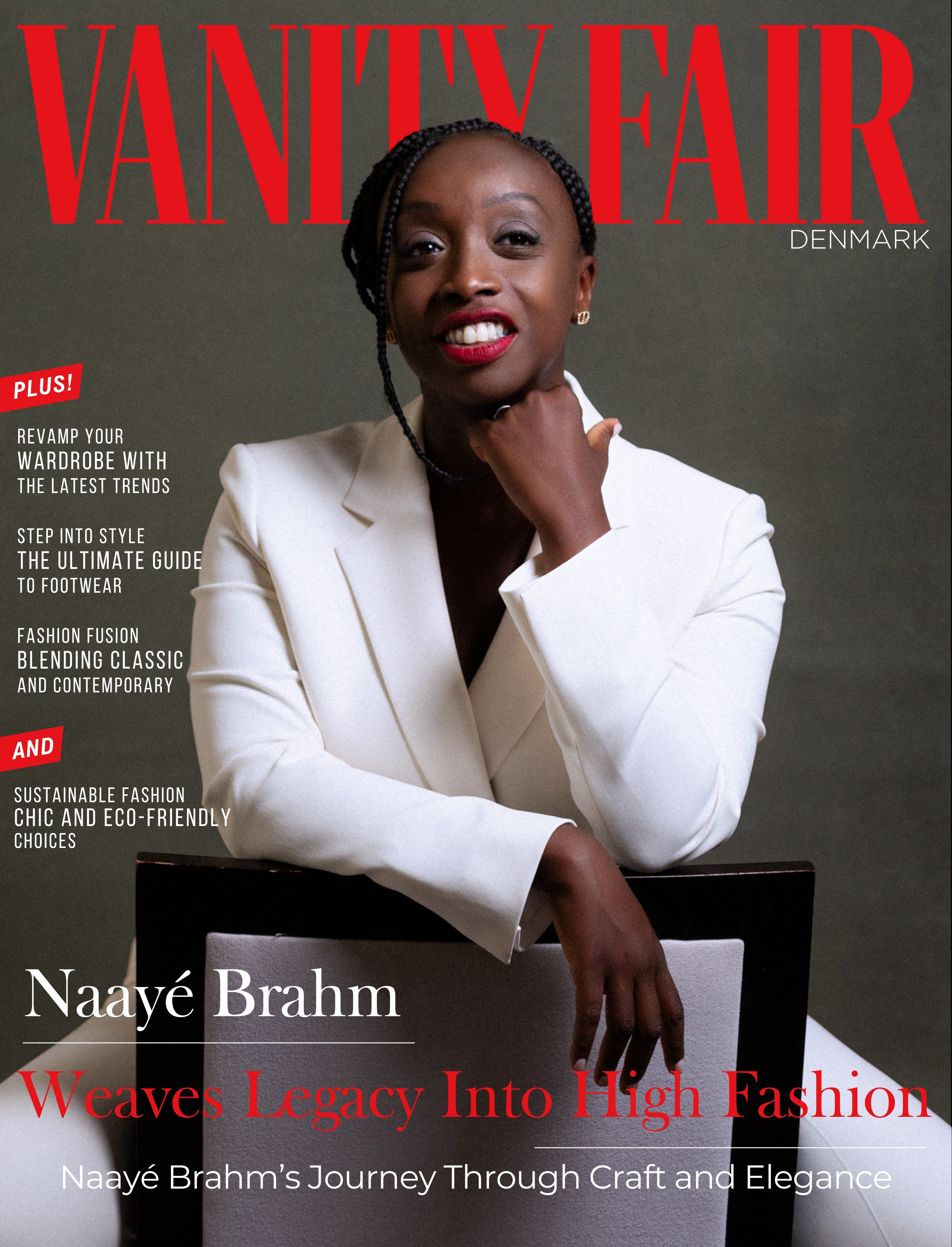
Naayé Brahm marries ancestral craftsmanship with the poise of contemporary luxury
By Ida Rasmussen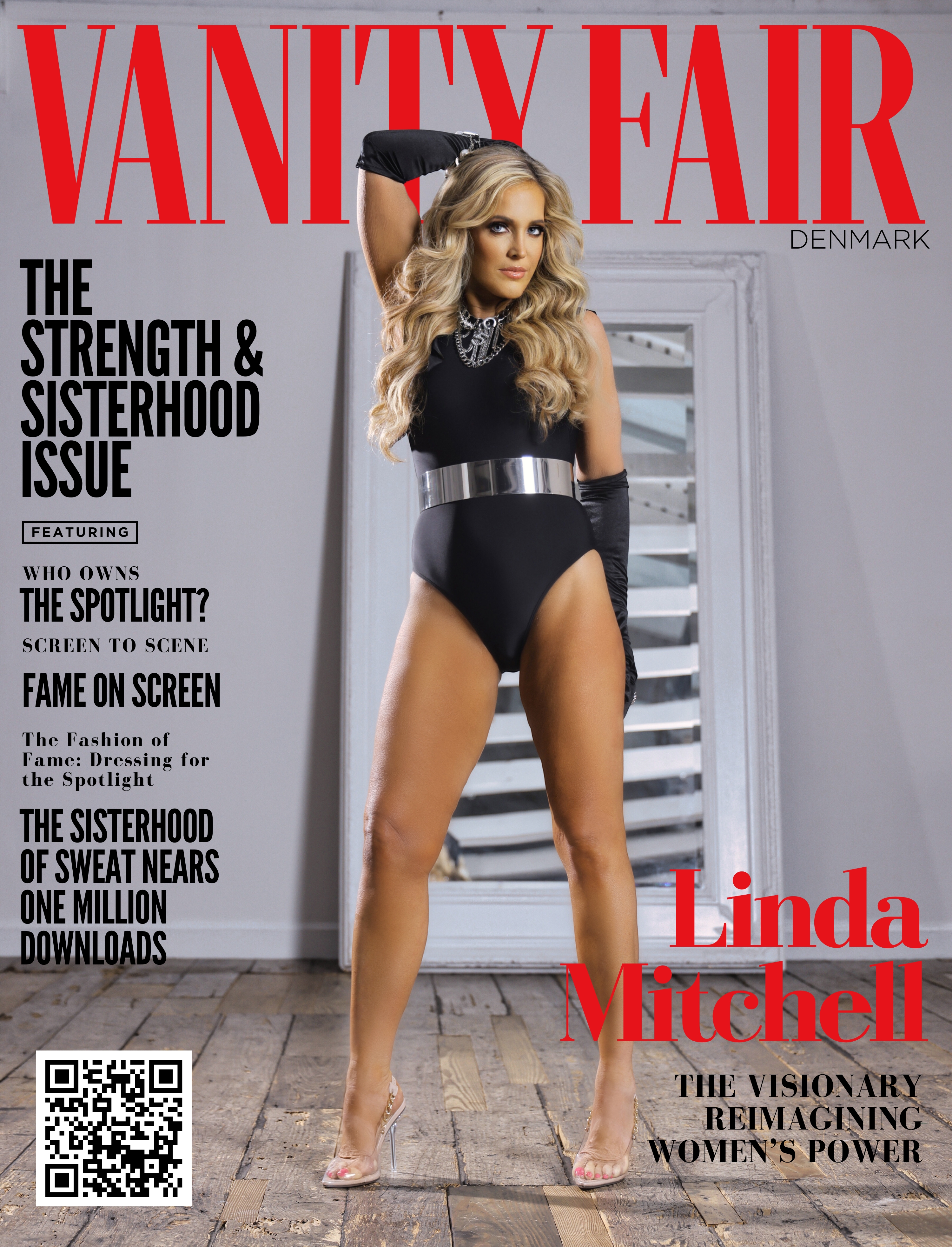
How one woman turned resilience into a movement of empowerment
By Ida Rasmussen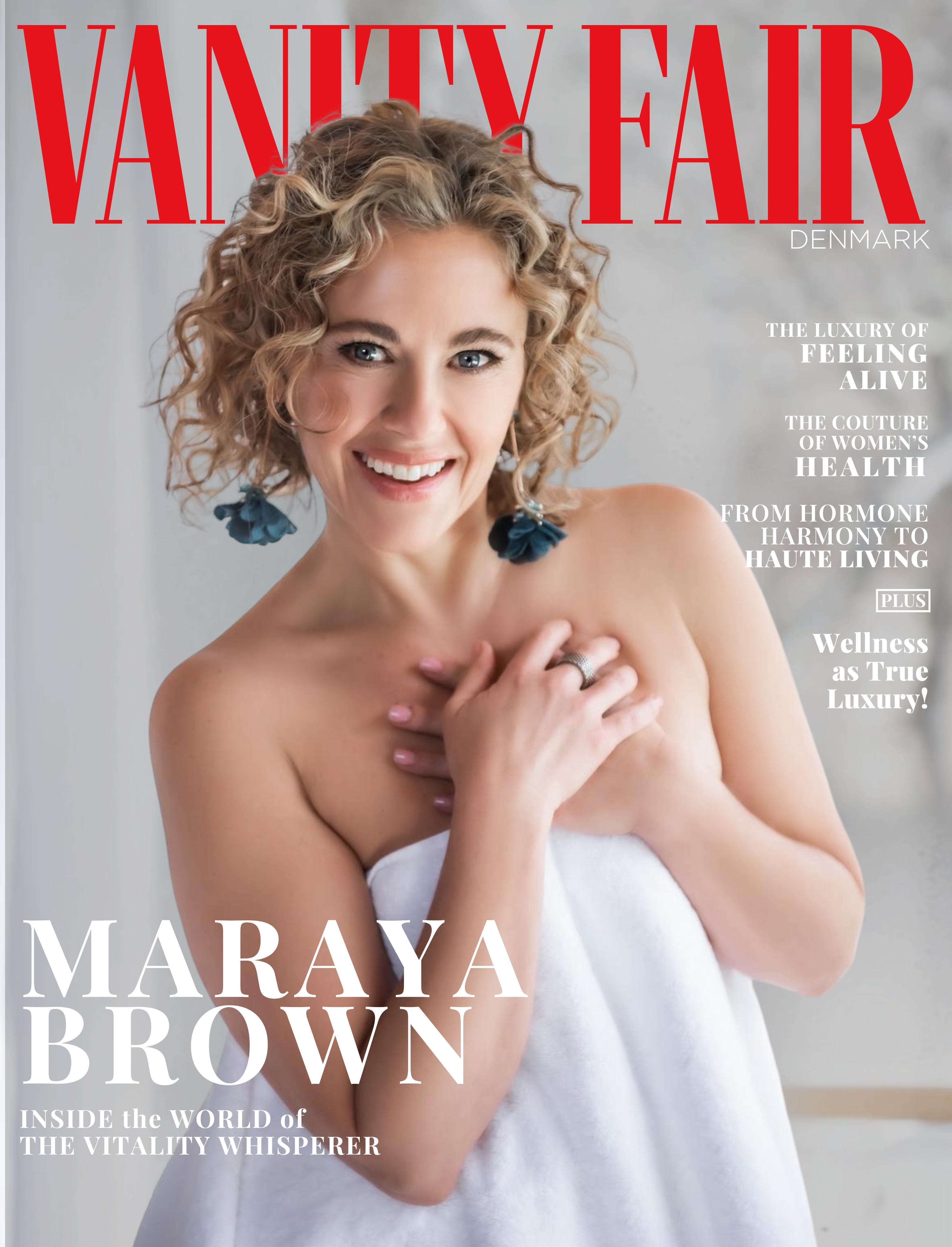
Why midlife may be the most magnetic chapter of all
By Lærke Thomsen
From rising fashion icons to global changemakers, discover the trailblazing public figures set to define culture and leadership in 2025.
By Emil Pedersen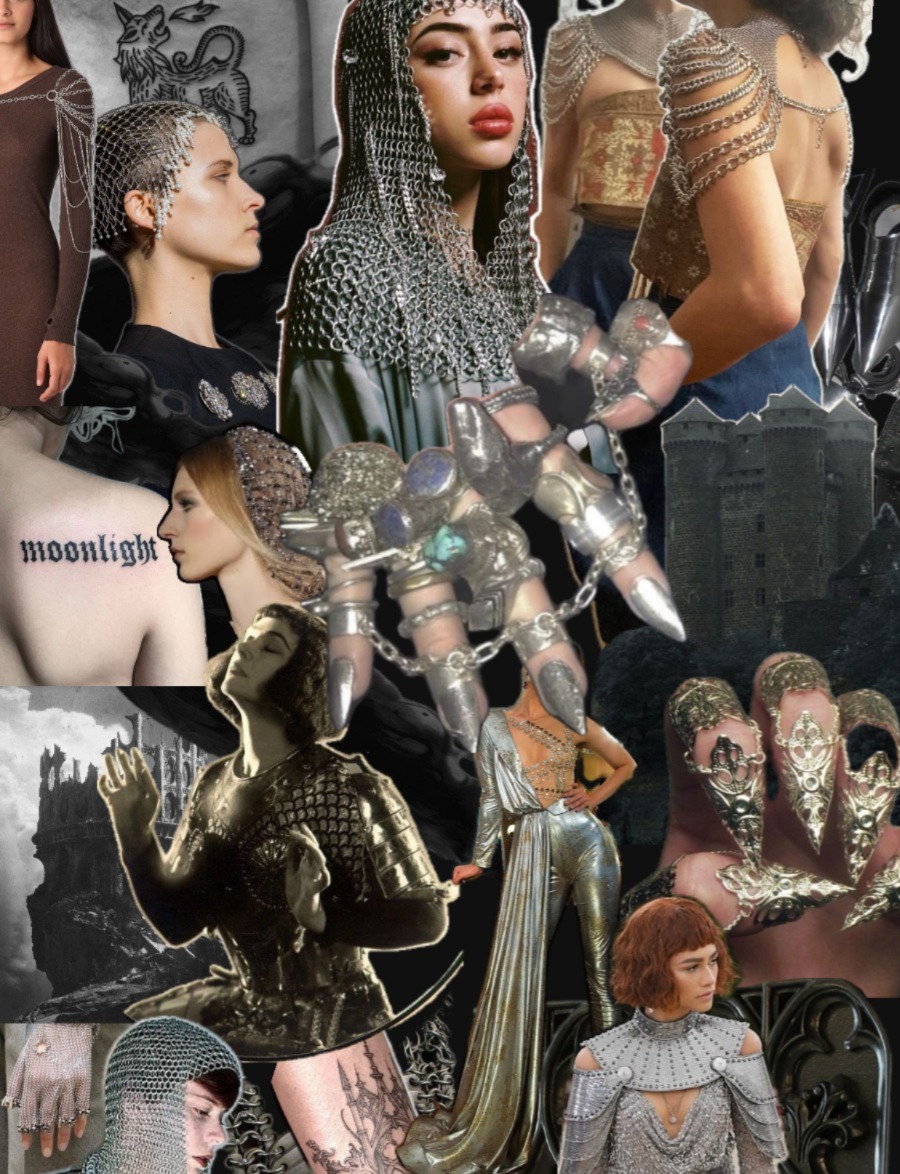
Castlecore brings medieval magic to 2025 with romantic fashion, grand interiors, and fairytale-inspired aesthetics redefining modern fantasy living.
By Ida Rasmussen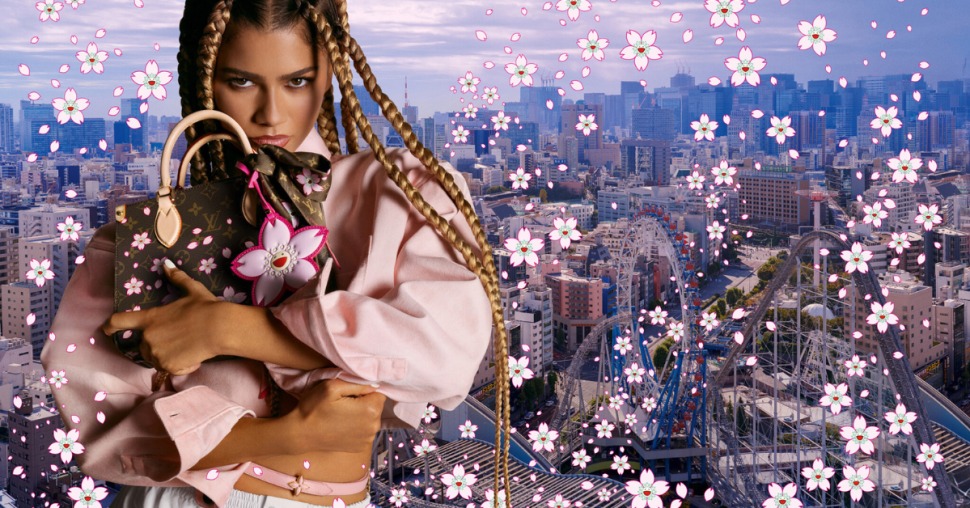
Louis Vuitton x Murakami Chapter 2 redefines luxury with a vibrant pop-art sakura fantasy, merging iconic motifs with bold contemporary artistry.
By Ida Rasmussen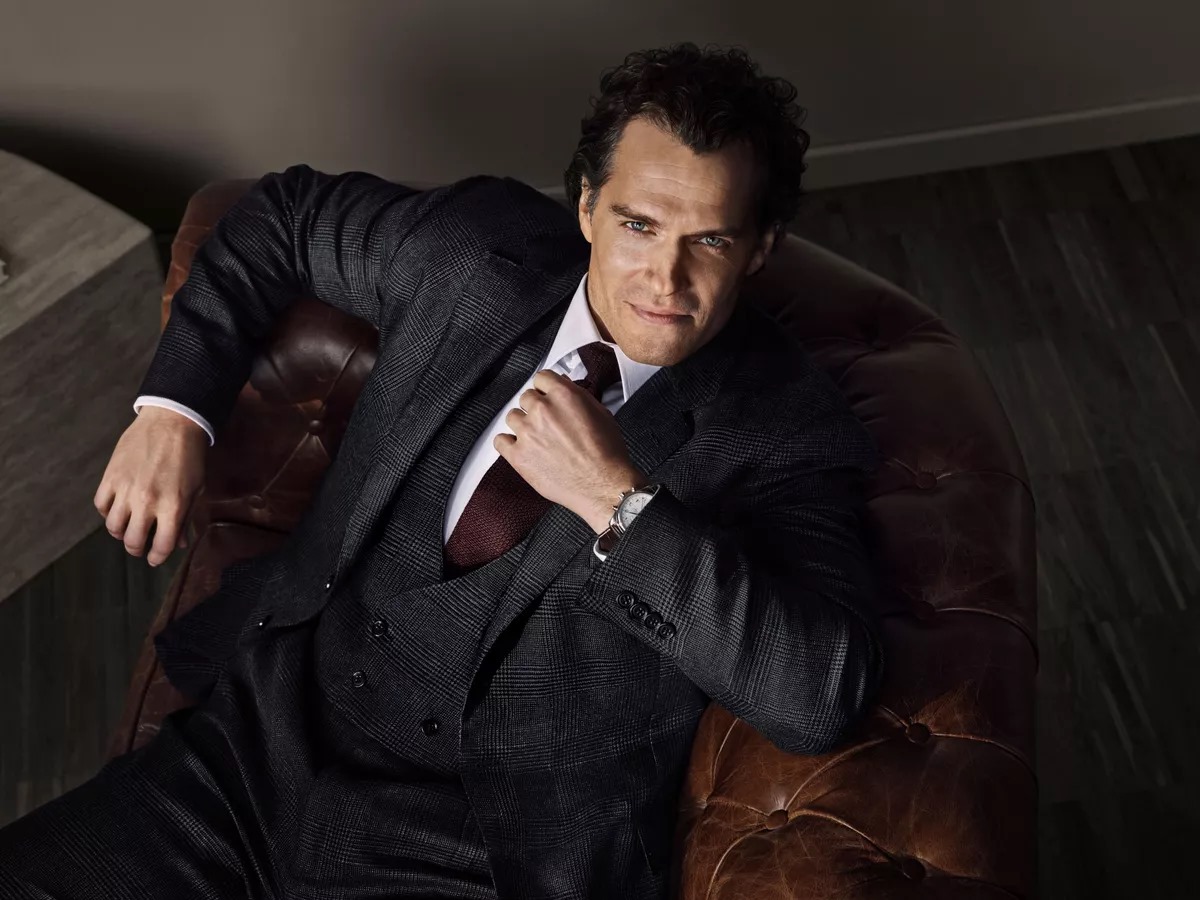
Henry Cavill joins Longines, bringing timeless elegance and Hollywood charm to luxury watches.
By Ida Rasmussen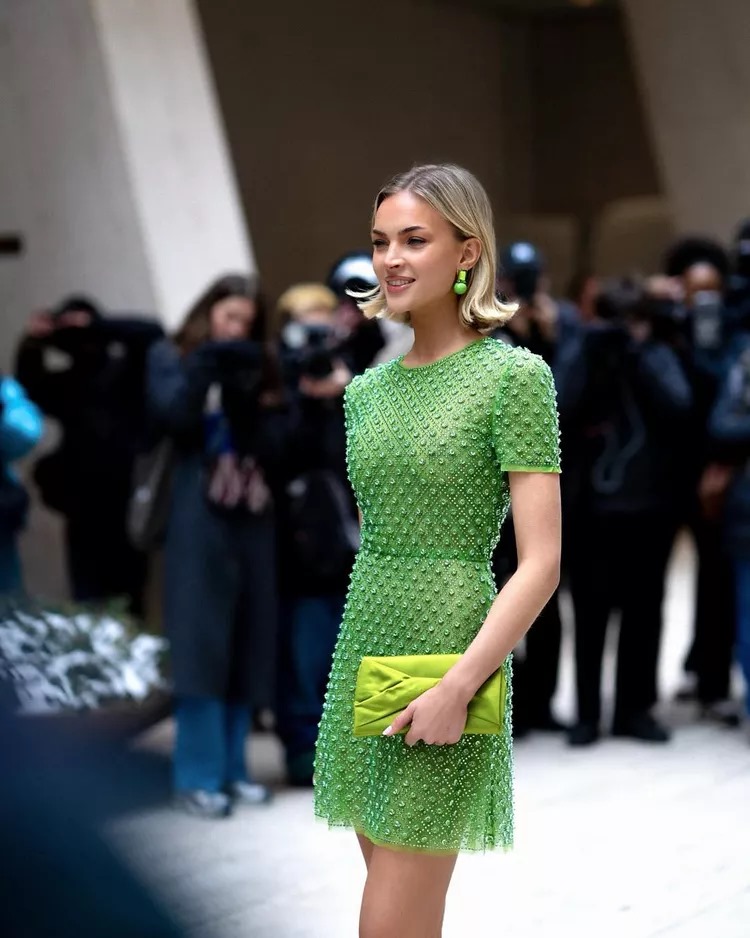
Tracking the best Scandinavian celebrity fashion moments from red carpets to home.
By Ida Rasmussen
Steal the spotlight this Valentine’s Day with Nordic-approved glam—bold lips, sultry eyes, ultimate romance.
By Ida Rasmussen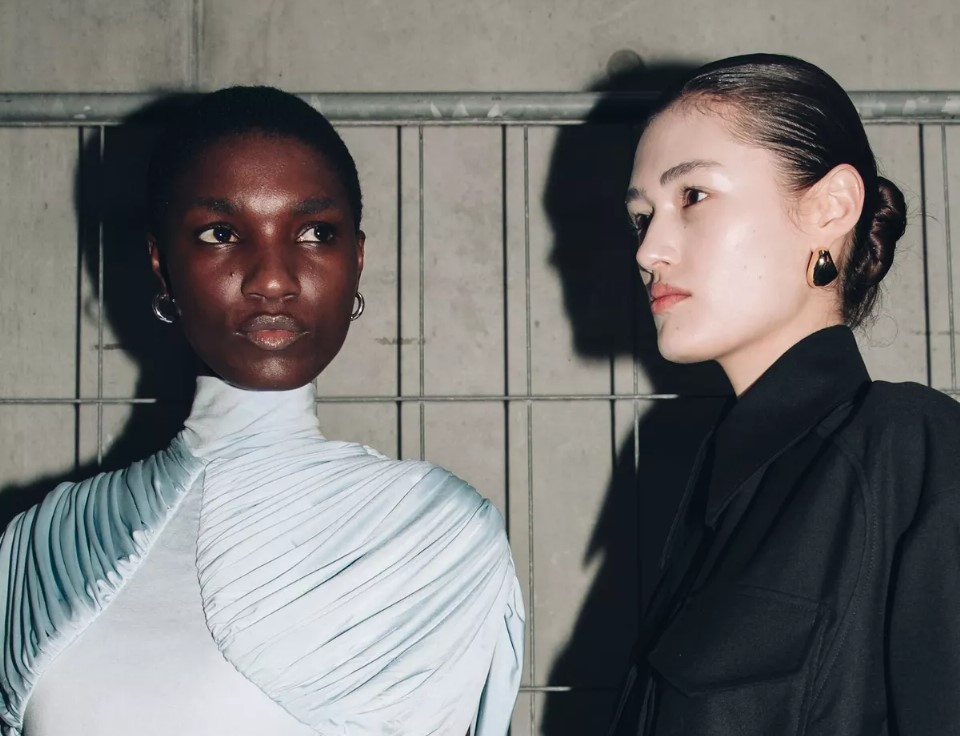
Copenhagen Fashion Week delivers beauty inspiration, with must-try makeup trends stealing the spotlight.
By Ida Rasmussen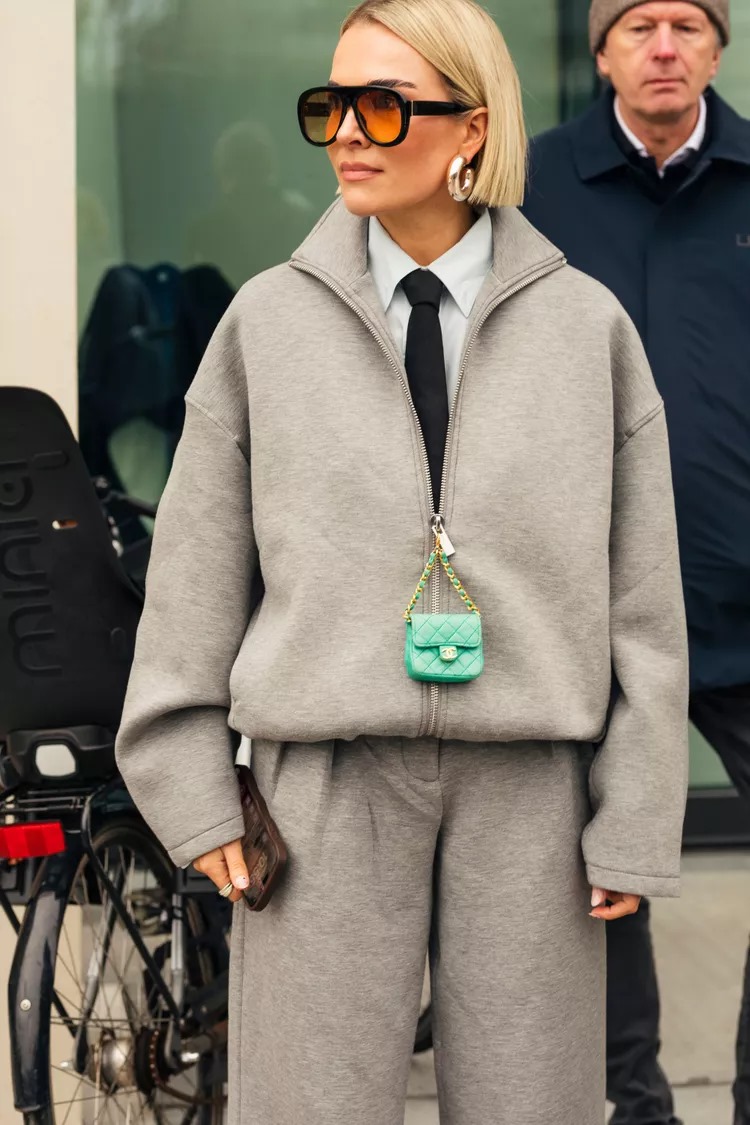
Danish fashionistas embrace retro-cool yellow-lensed sunglasses, adding a playful Scandi twist.
By Ida Rasmussen